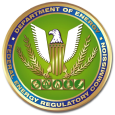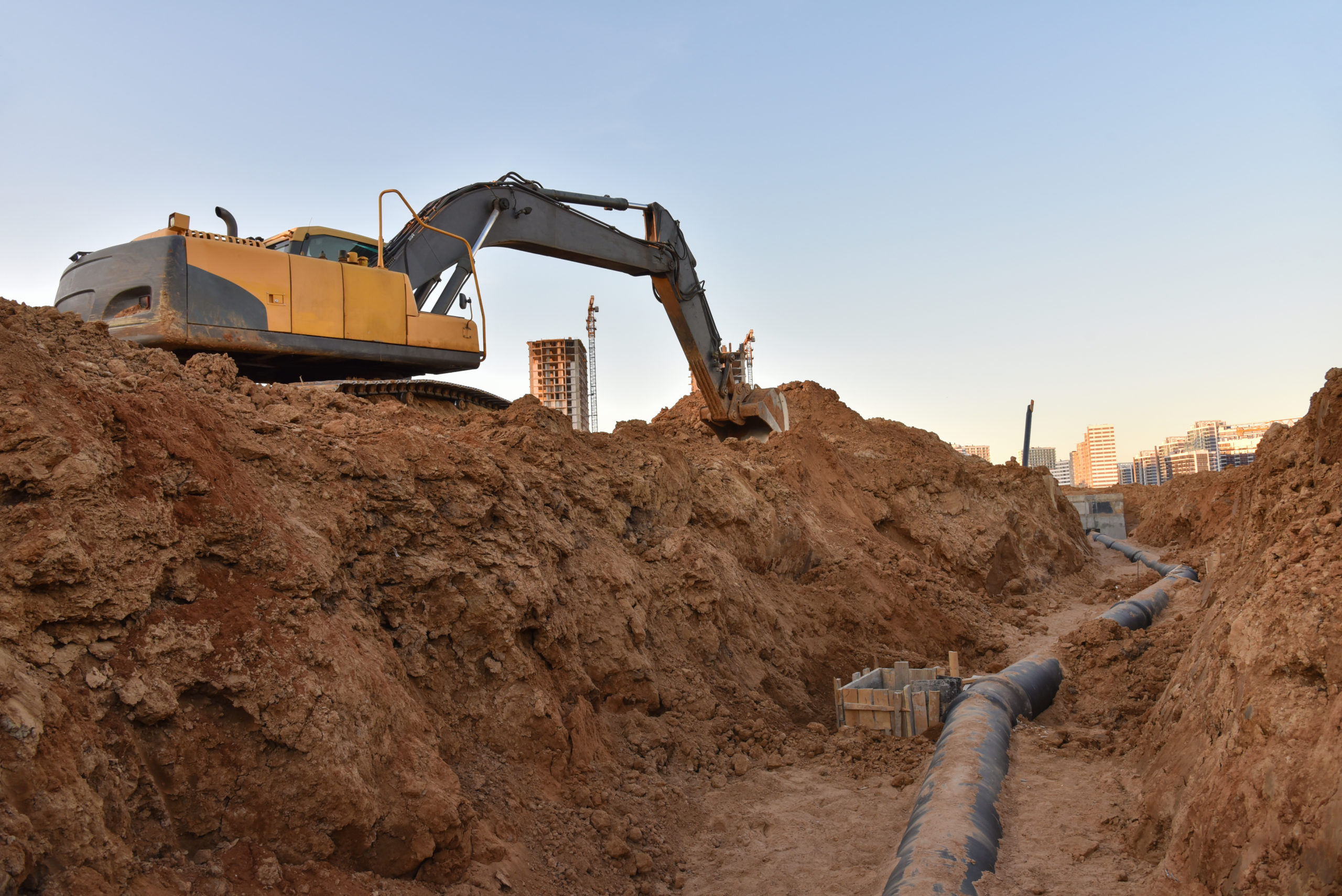The Interstate Natural Gas Association of America (INGAA) is pleased to announce that Maggie O’Connell has joined the organization as Director of Security, Reliability and Resilience.
“We are thrilled to have Maggie join the team during such a pivotal time for the natural gas pipeline industry,” said Amy Andryszak, President and CEO of INGAA and the INGAA Foundation. “The regulatory experience in the energy sector coupled with the pre-existing relationships with our federal government partners Maggie brings to INGAA from her previous trade association work will be valuable for our organization as we navigate new directives and regulations, particularly in the cybersecurity space.”
Previously, Ms. O’Connell worked for the American Fuel and Petrochemical Manufacturers Association (AFPM) as a Policy Analyst and Regulatory Affairs Specialist focusing on physical and cybersecurity issues. In these roles, she tracked all relevant industry-impacting legislation and rulemakings, developed policy recommendations on behalf of the association, managed AFPM’s Cybersecurity Committee, and represented the organization on the Oil and Natural Gas and Chemical Sector Coordinating Councils.
Additionally, Ms. O’Connell served as Assistant Vice Chair of the Chemical Sector Coordinating Council, and is currently a member of the Department of Homeland Security’s Industrial Control Systems Joint Working Group (ICSJWG); the Department of State’s Overseas Security Advisory Council (OSAC) Energy Security Working Group, Women in Security Working Group, and Cybersecurity Committee; and is also a member of the Women in Energy group, among other organizations. She graduated from Franklin and Marshall College with a B.A. in Government and Spanish, as well as Georgetown University’s School of Foreign Service with a M.A. in Latin American Studies and concentration in Inter-American Affairs.
###
INGAA represents the U.S. natural gas pipeline industry. INGAA’s members deliver clean, abundant, affordable natural gas throughout North America and operate approximately 200,000 miles of pipelines that serve as an indispensable link between natural gas producers and consumers.







